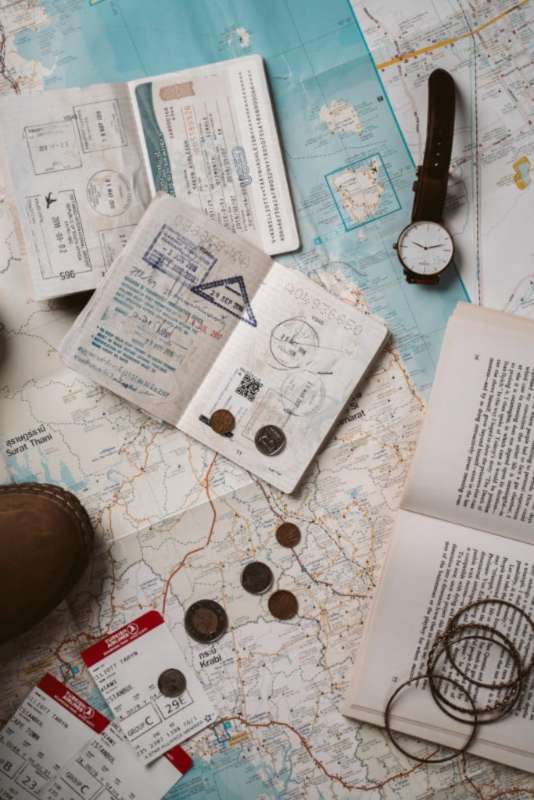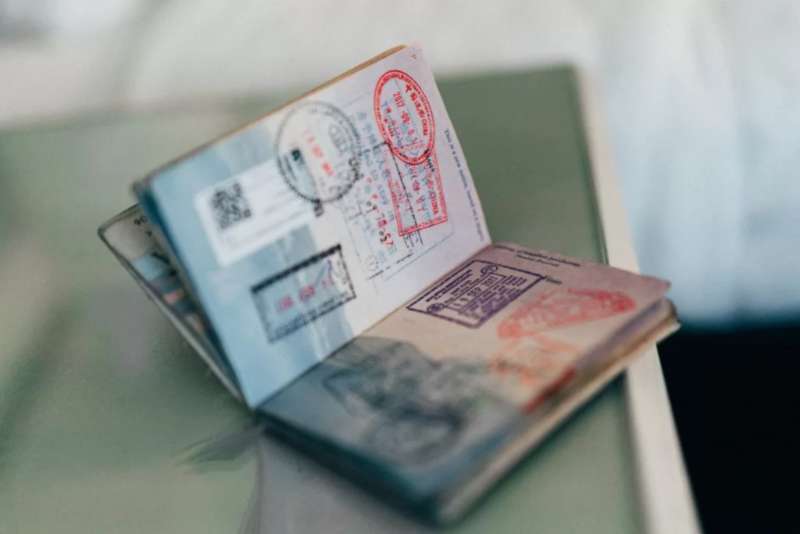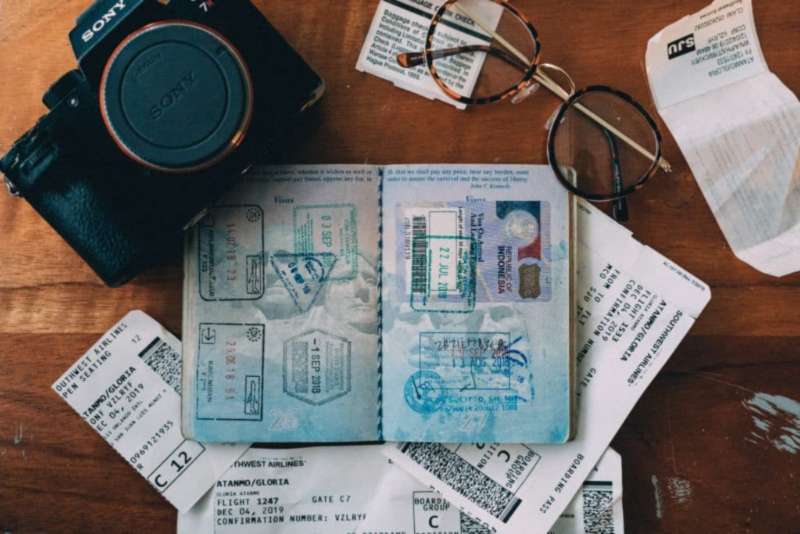Basic Documents needed to Travel Abroad – Travel Visas
You’ve chosen your destination. Then you mapped out your route and set up your travel blog. But before you start your count down, there’s one major detail you’ll need to look into. The documents needed to travel abroad, i.e. travel visas. Is getting stopped at the customs gate after a 13 hour flight doesn’t sound like an adventure you’d like to have? Then read on to learn a little bit more about your documents needed to travel abroad.
Basic Documents needed to Travel Abroad – Travel Visas

How Travel Visas Work
When you get together your documents needed to travel abroad, you’ll run into travel visas quickly. A visa is a legal document that allows you to spend a designated amount of time in a particular country for a particular reason (leisure, work, study etc.).
Passport Power
Before I jump into this short breakdown of decoding the visa process, it’s important to understand one thing. Visa accessibility often depends on “passport power.” It refers to how “welcoming” countries are to a particular passport. This is exactly how it sounds.
Arbitrary system of power
This completely arbitrary system of power is based on a few things. But most often a country’s money and power will have significant influence. If you have a passport with more power, you will be less likely to need a visa and will have an easier time getting one in most cases. If you have a passport with less power, you may be required to jump through significant hoops to get a visa and even then get denied. You can learn a little bit more about what to do when your visa is denied here.
Understanding how travel visas work

In any case, understanding how travel visas work will be a bit different for everyone. But here are some basic tips
The Documents needed to Travel Abroad
Are you looking to obtain a visa for your trip? You will usually find that countries break down into three categories:
Popular Destinations
More popular destinations that don’t require the traveler to obtain a visa prior to departure.
Visa upon arrival
Countries that will require a visa but let you purchase one when you get there. (This group is further dividing into two groups. There are countries where it’s cheaper and easier to get a visa upon arrival. And there are countries where it’s harder and more expensive.)
Obtain visa before you travel
Countries that make you go through the visa processes in your own country before you leave. Some countries take this very seriously. They may require loads of paperwork or even an interview before granting you a visa. Some take longer to process your application than others. China can process an application in one business day. Some consulates take up to 60 days. This means you’ll need to check into visa requirements several months before you leave.
Find out what the visa requirements are well in advance

Countries have absolutely no qualms about denying you entry and putting you on a plane right back home. Although being escorted out of a country by guards may make a great story for parties, it’s easier to just visit Wikitravel or the website of the airline/airport that you’ll be traveling with.
Get information from the embassy
The next step would be to visit the country’s embassy website (a simple Google search will give you all the information you need) to download the most up-to-date forms. And don’t forget about jurisdictions. In most countries you’ll find that embassies are all located in their capital city (Washington D.C., Tokyo, etc.) with consulates scattered across the rest of the country. A lot of these consulates are jurisdictional so make sure you send your application to the correct consulate.
Call a visa agency
If you can’t find the website or if the country doesn’t have one you will need to call a Visa Agency to get the information. Visa agencies have long standing relationships with embassies and consulates that can help make the process a little smoother.
Be prepared to pay
Just keep in mind that if you do decide to go with a visa agency be prepared to pay a service fee. Ok, paying someone to help with your visas may not fit into your initial travel budget but, even as goddesses of travel, sometimes it’s worth paying a little extra for that peace of mind. It’s better to cut out a day trip you had planned than find out at the last minute that you won’t be having a trip at all…


Thanks for giving information regarding the documents which are needed to travel abroad. Such a Helpful blog.